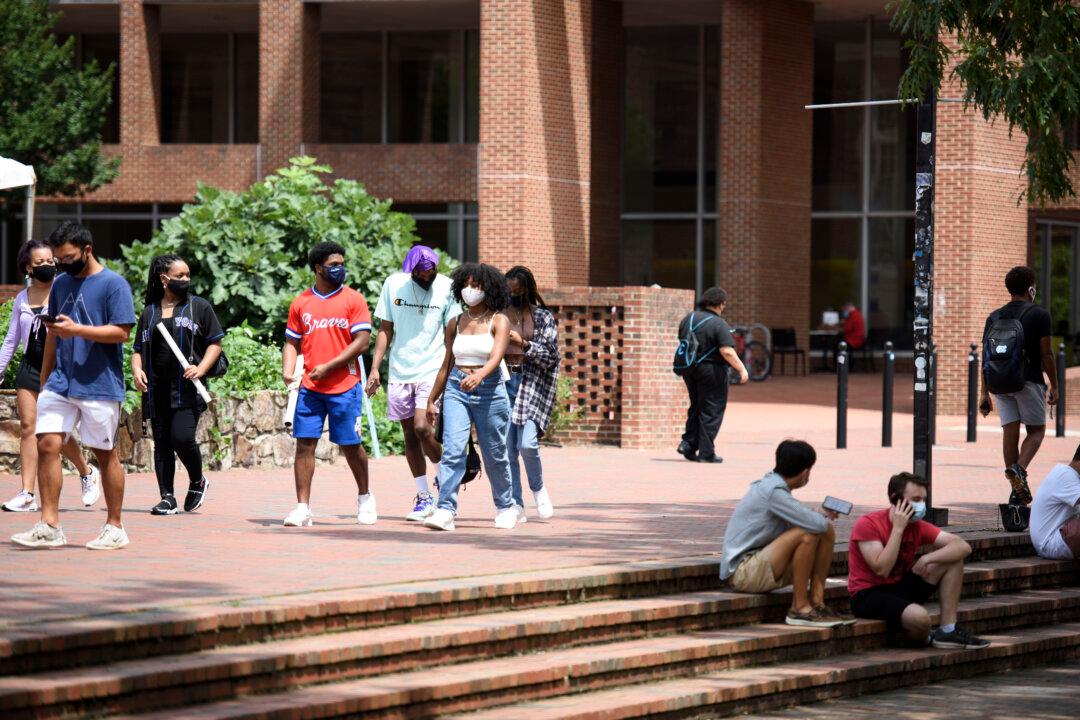Three groups are asking the Supreme Court to allow them to intervene in litigation aimed at making the Biden administration adhere to a Trump administration rule that guarantees students accused of sexual improprieties procedural safeguards in administrative proceedings.
The case, Foundation for Individual Rights in Education (FIRE) v. Victim Rights Law Center, was docketed on July 21. The petitioners are three nonprofit organizations that promote free speech and due process on college campuses: FIRE; Independent Women’s Law Center; and Speech First Inc.





